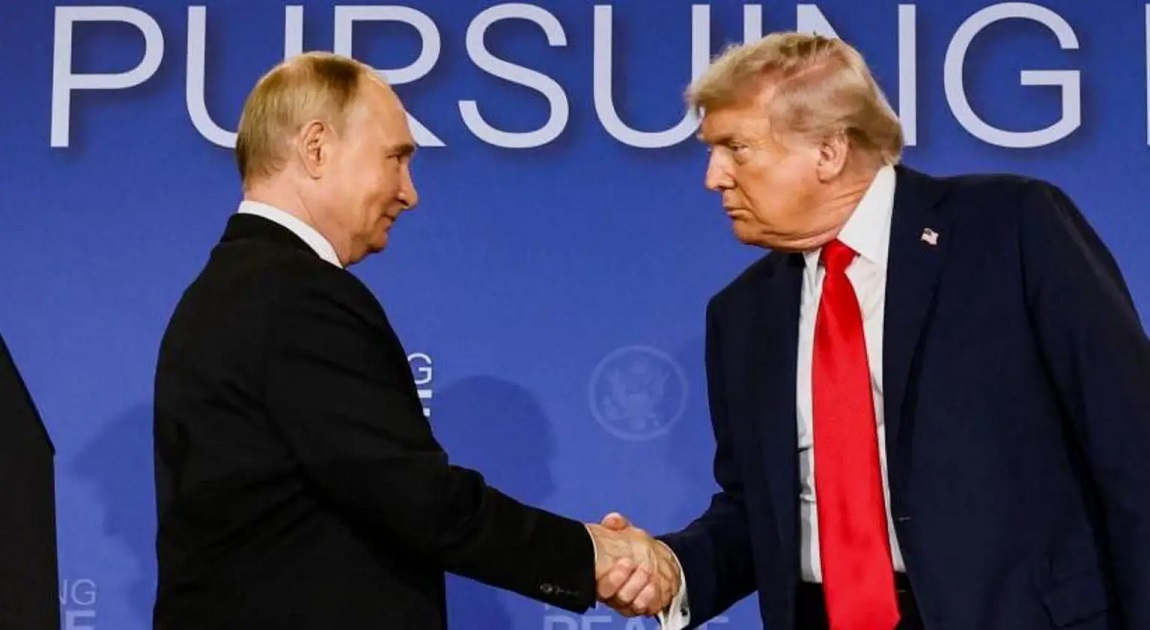The much-anticipated meeting between U.S. President Donald Trump and Russian President Vladimir Putin in Anchorage, Alaska, ended without a breakthrough on the Ukraine war. After nearly three hours of discussions, the two leaders issued a joint statement but reached no agreement on a ceasefire.
Both leaders appeared before the press but took no questions, leaving the outcome vague and open to speculation.
Blow to Trump’s ‘Deal-Maker’ Image
Trump, who has long styled himself as a master negotiator, admitted indirectly that the talks had produced no concrete results. “If there isn’t a final deal, then there really isn’t a deal,” he remarked, conceding that neither a ceasefire nor substantive progress was achieved.
Although Trump insisted that there had been “some good progress,” he provided no details, fueling uncertainty over what was actually discussed. He left the podium without taking questions, underscoring the lack of clarity.
For Ukraine and its European allies, however, there was some relief: Trump made no unilateral concessions that could have undermined Kyiv’s position. Still, the optics were unfavorable for the U.S. president, who returned from Alaska without tangible results, neither as a peacemaker nor as a dealmaker.
The press conference also highlighted an awkward moment—while Putin delivered a lengthy statement, Trump remained silent beside him, reversing the usual protocol of the U.S. president leading such appearances. The historical backdrop of Alaska, once part of “Russian America,” only reinforced Putin’s symbolic presence on U.S. soil.
Attention now shifts to whether Trump will follow through on his previous threats of new sanctions against Moscow. In a Fox News interview, he said he might consider action “within two or three weeks,” but his ambiguous remarks have raised further questions.
Putin in the Spotlight
By standing alongside the U.S. president on the global stage, Putin secured valuable diplomatic visibility, even without offering concessions on Ukraine. The Russian leader dismissed Trump’s repeated calls for a ceasefire and emphasized that peace would not be possible unless what he called the “root causes” of the conflict were addressed—language widely understood to mean Moscow remains committed to undermining Ukraine’s independence.
Mixed Reactions in Kyiv
While the outcome disappointed many observers, in Kyiv it brought a measure of reassurance. Ukrainians welcomed the fact that no deal was struck that might jeopardize their territorial integrity.
Yet Putin’s comments reignited fears, as he reiterated that Moscow’s objectives had not changed. Nearly four years into the war, Western deadlines and threats have repeatedly passed without consequence, and the Anchorage summit did nothing to alter that trajectory.
For Ukraine, the lack of progress may feel less like a setback than an ominous signal: that Russia intends to continue its offensive, and that Western warnings remain unenforced.




-20260226080139.webp)



-20260223082704.webp)










-20260225072312.webp)










-20260219054530.webp)
-20260224075258.webp)





-20260221022827.webp)